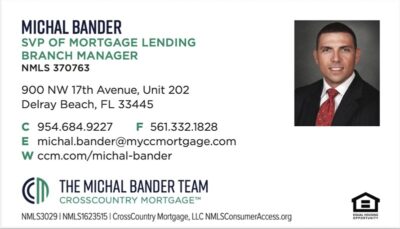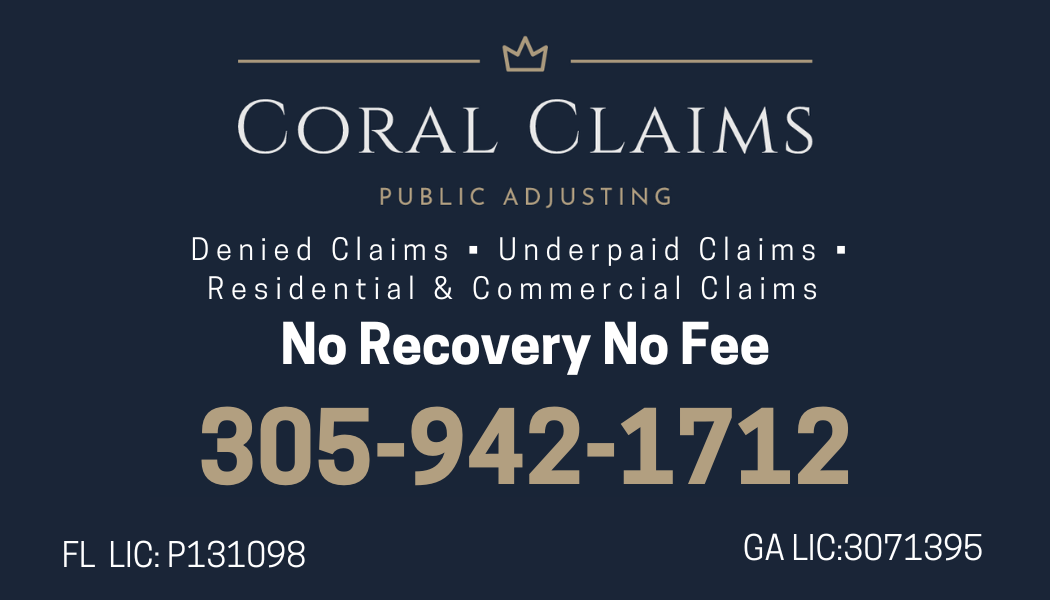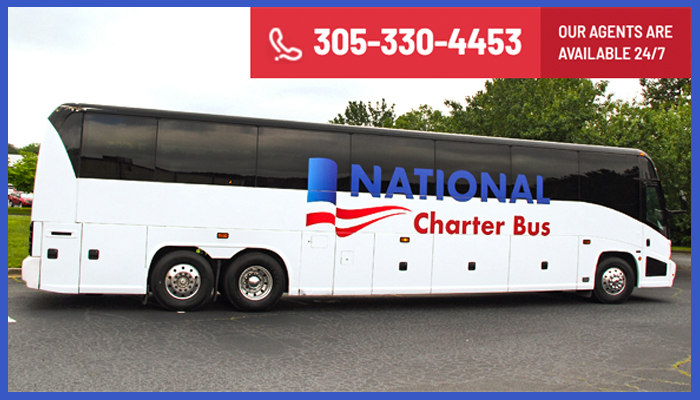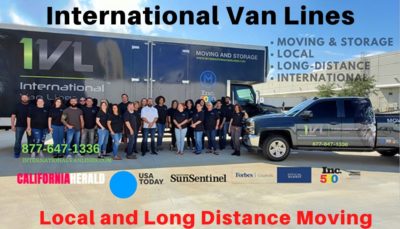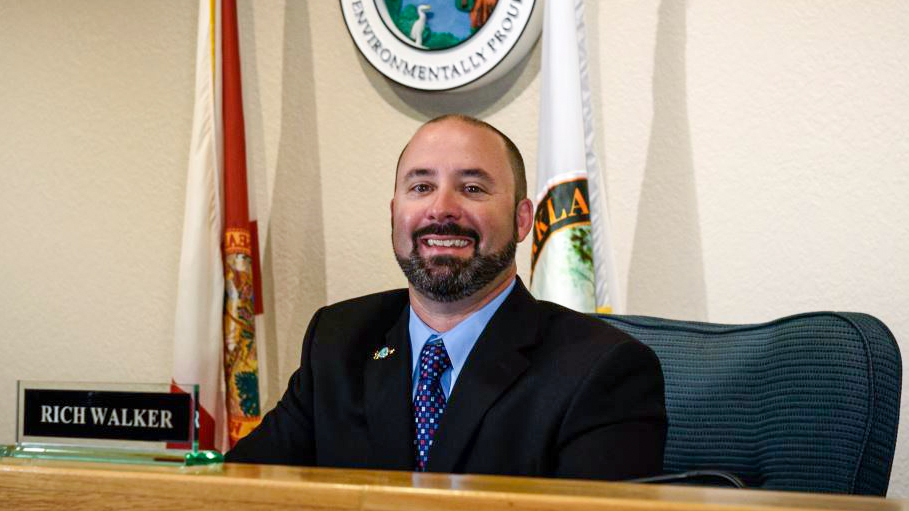
Mayor Rich Walker of Parkland
By Bob Norman
Reprinted with permission from the Florida Center for Government Accountability
When it comes to the controversial plan to put commercial development on a defunct golf course on the edge of the Everglades, Parkland Mayor Rich Walker has made his position clear from the beginning.
He’s for it.
The mayor, who owns a sign company, voiced his support early and often for building a commercial project in the Heron Bay residential community that straddles Parkland and Coral Springs in northwest Broward County.
The project was spearheaded by Rod Colon, the public official heading the North Springs Improvement District. That agency provides water services to 40,000 residents, but Colon decided last year to use taxpayers’ money to buy Heron Bay’s 223-acre golf course for $32 million with a plan to preserve 150 acres and develop the rest.
The purchase caused immediate alarm among residents of Heron Bay, but Walker assured them it was a “huge win.”
“I think it gives the residents of Heron Bay the security they need to know that it’s going to stay green space,” Walker told the local publication Coral Springs Talk in March 2021. “A thoughtful commercial project would also benefit the city of Parkland.”
Despite vociferous protests from Heron Bay residents, Walker has continued his unbridled support for the development project. On June 30, the mayor called a special city commission meeting to push for the city to buy the 70 acres of developable land from NSID for $25 million and take over the now troubled project, a move that Colon supports.
That meeting ended with Walker and his four fellow commissioners voting to direct staff to begin preliminary negotiations to purchase the land. Today at 5 p.m. Walker will lead a city workshop meeting about the plan, where he told FLCGA News he will make a public admission about a potential conflict of interest.
Walker, it turns out, has personally profited from his relationship with Colon and NSID. FLCGA News obtained a check register showing that Colon handed Walker’s company, Bergen Signs, a contract to provide the agency with five signs at its water plant worth $19,450.
When questioned Wednesday about the financial arrangement, Walker admitted his company had received payments on the NSID contract beginning in October 2020, when Colon’s plan at Heron Bay was in its infancy, and stretching through 2021, as Walker promoted the project.
The mayor said it was Colon who offered him the work, and because his company has $5 million in revenues this year, he “didn’t think much of it.” But he quickly admitted he should have disclosed the financial relationship immediately and said he would do so at this evening’s commission workshop meeting.
“I’m going to reach out to my attorney now,” Walker said. “I wasn’t trying to hide anything from anyone.”
Leaders of a large Heron Bay opposition group called Citizens Against Golf Course Redevelopment aren’t buying it. They said Walker’s financial relationship with NSID represents a conflict of interest and an instance where the mayor appears to have made personal profit from his public position.
“I’ve been suspicious from the beginning as to why Mayor Walker has been pushing hard for a large commercial development in Heron Bay,” the group’s president, Robert Tankoos, told FLCGA News. “Now that we find out he’s involved in a business transaction with NSID. It’s very clear that he cannot be trusted, and his motivations are not necessarily aligned with his role as mayor of Parkland.”
Walker said his effort to have Parkland buy the land from NSID wasn’t to “bail out” Colon.
“I’m not denying the [poor] optics of this at all,” said Walker. “But I’m not bailing out NSID. If anything I’m throwing a monkey wrench into [Colon’s] plans.”
Walker said he wants the city to take over the project for two reasons: The expressed disapproval of Heron Bay residents with Colon’s development plan and revelations about Colon’s own apparent self-dealing at NSID.
An ongoing FLCGA News investigation found that a company Colon started in his Plantation home, Intersol LLC received $16 million in contracts from his own agency. The reporting also uncovered bidding irregularities and apparent conflicts of interest between Colon and NSID’s favored developer for the project, East Coast Builders.
When reached by phone, Colon said there was nothing improper about his hiring the mayor’s company to provide the signs and that it wasn’t related to the Heron Bay project.
“He’s a local businessman, and we like to do work with local businesses,” Colon told FLCGA News on Wednesday. “There’s no conflict of interest. We need a product, and we decided to do the work [with Walker].”
There has been speculation that Walker was advocating for commercial development at Heron Bay with the expectation that his sign company would profit from it. Walker told FLCGA News that based on the size of the proposed development, his company might expect to obtain $200,000 worth of business, but that possibility had nothing to do with his public support for the project.
“My company did $5 million in business last year, so $200,000 doesn’t even move the needle,” he said. “I have no problem saying right now that I will not accept any signs or projects on the property [if it is built].”
Another of the Heron Bay group’s organizers, Neil Bass, said he wasn’t impressed by that declaration.
“If he’s able to have the developers involved give him projects elsewhere, then he can still get something out of it,” said Bass.
“I’m glad [his financial relationship with NSID] is out in the open. The town should feel deceived by this. I don’t trust Rich Walker, and I gotta wonder what else he’s not telling us.”
About FLCGA. Civic engagement is critical to a healthy and robust democratic society. Citizens rely on a variety of news sources for information essential to their ability to hold the government accountable for its actions. Traditional news outlets, particularly at the local level, face pressures and are increasingly unable to meet the informational needs of the public because of limited and dwindling resources.
The goal of FLCGA is to both facilitate and accelerate local on-the-ground reporting with the tools, expertise, and knowledge using aggressive public records investigation and well-sourced quality reporting.

























